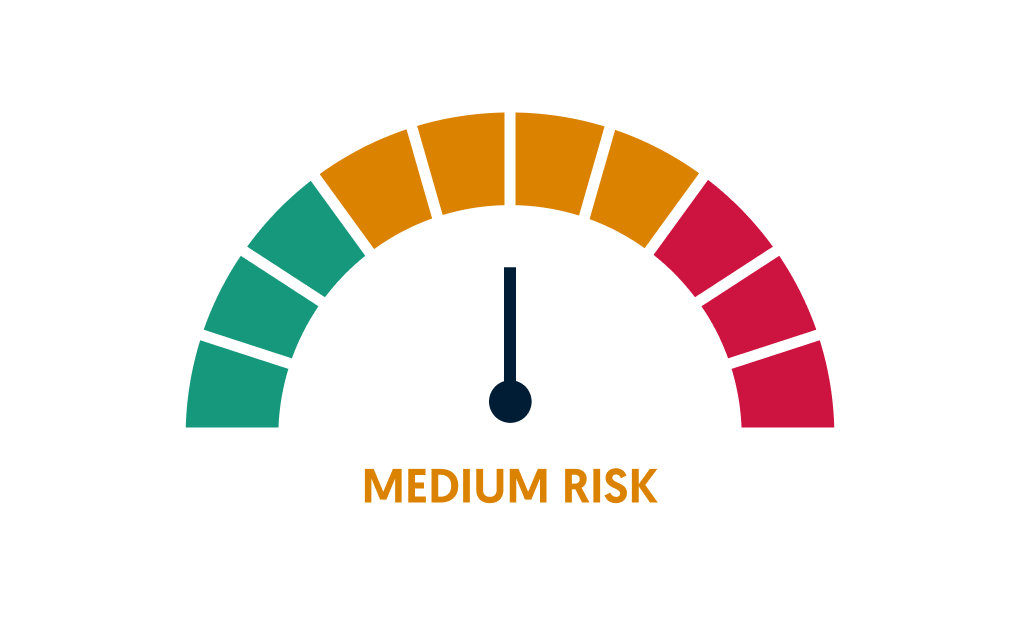Reseller Agreement
The Reseller Agreement can be used to establish a commercial relationship between the owner of certain goods and a reseller.
4.5 (2 reviews)
Last updated October 23, 2025
Under 20 minutes
Suitable for Australia
Written by Edwin Montoya Zorrilla
Reviewed by Damin Murdock
Document Overview
A Reseller Agreement is a legal contract between two parties, where one entity, the owner of goods, consents to provide goods or services to another entity, who is entitled to sell these goods, typically to the end-user. The one reselling the products or services is called the "reseller".
This agreement outlines the conditions, rights, and obligations of both parties.
The Legal Risk Score of a Reseller Agreement Template
Our legal team have marked this document as medium risk considering:
- The specifications can be easily changed.
- The obligations coincide with the performance of the services, and few obligations extend beyond that.
- The agreement is a component of a potentially large commercial partnership with a range of potential liabilities.

Reseller Agreement Checklist
Complete your free Reseller Agreement with our checklist
Get the right individuals to sign the document
Where the parties are companies, their authorised representatives should sign this document.
Keep the document readily available
Both parties should have the document handy as an easy reference for their obligations.
Make orders
Make orders for products in accordance with this agreement.
Key Reasons to Use a Reseller Agreement
- Clarity in Roles and Responsibilities: A Reseller Agreement expressly lays out the responsibilities and roles of both parties involved. It specifies the conditions that the reseller must uphold when selling the products and remedies in case of breach of these conditions. The reseller knows what they are expected to do, while the supplier understands what they need to deliver.
- Protection of Intellectual Property: Reseller Agreements include clauses relating to the vendor's intellectual property such as trademarks, patents, and copyrights. It ensures that the reseller cannot misuse or exploit the supplier's intellectual property, thereby safeguarding the supplier.
- Territorial Restrictions: These agreements can establish specific geographic territories for resellers, preventing an overlap of operational areas that could lead to unwarranted competition among resellers of the same product or service.
- Management of Legal Risks: The agreement lays out procedures for addressing breeches, dispute resolution, and termination of the agreement. It may contain indemnity clauses and warranty limitations. This minimises the risk of legal disputes, and if one occurs, both parties understand the process and potential consequences.
- Ensures Supply and Demand: An agreement can ensure that the supplier will continue to supply the products to the reseller, without which the reseller's business could face challenges. It can also contain clauses where the reseller must commit to a minimum purchase of goods or services, guaranteeing a certain level of demand for the supplier.
In summary, a Reseller Agreement is a comprehensive legal tool that adds reliability and protection to the business relationship between suppliers and resellers. Its adequate use can prevent uncertainties and disputes, providing a clear roadmap for profitable and harmonious business associations. However, as with all legally binding agreements, it's important to seek legal advice before finalising a Reseller Agreement, to ensure your interests are adequately protected.
What does the Reseller Agreement include?
- Appointment as reseller.
- Optionality for the reseller to be exclusive or non-exclusive.
- Territory restrictions.
- Delivery and inspections.
- Terms of trade.
- General obligations.
- Imports and exports.
- Insurance.
- KPIs and auditing.
- Intellectual property.
- Liability, warranties and indemnities.
- Termination and dispute resolution.
View Sample Reseller Agreement
It's never been so easy
Sign-up to a free Lawpath account
Get started and we'll take care of you. It's that easy.
Browse our 500+ legal documents
Browse our 500+ legal documents to find the perfect match to cover your business needs. We've got Compliance, Employment, Service agreements and more.
Collaborate with e-Sign and Sharing
Having access to your legal documents has never been easier. You can request e-signature, share the document and download for an efficient collaboration.
Create unlimited legal documents and eSignatures for only $39/month.
Upgrade to a Lawpath legal plan to boost your new business.


Here's what people say about Lawpath's Reseller Agreement
Reviews are managed by BazaarVoice and comply with the BazaarVoice Authenticity Policy. Reviews are independently verified by BazaarVoice and detail our customers' real experiences.
0 reviews
Most Recent
Highest to Lowest Rating
Lowest to Highest Rating

